NEWS & PRESS

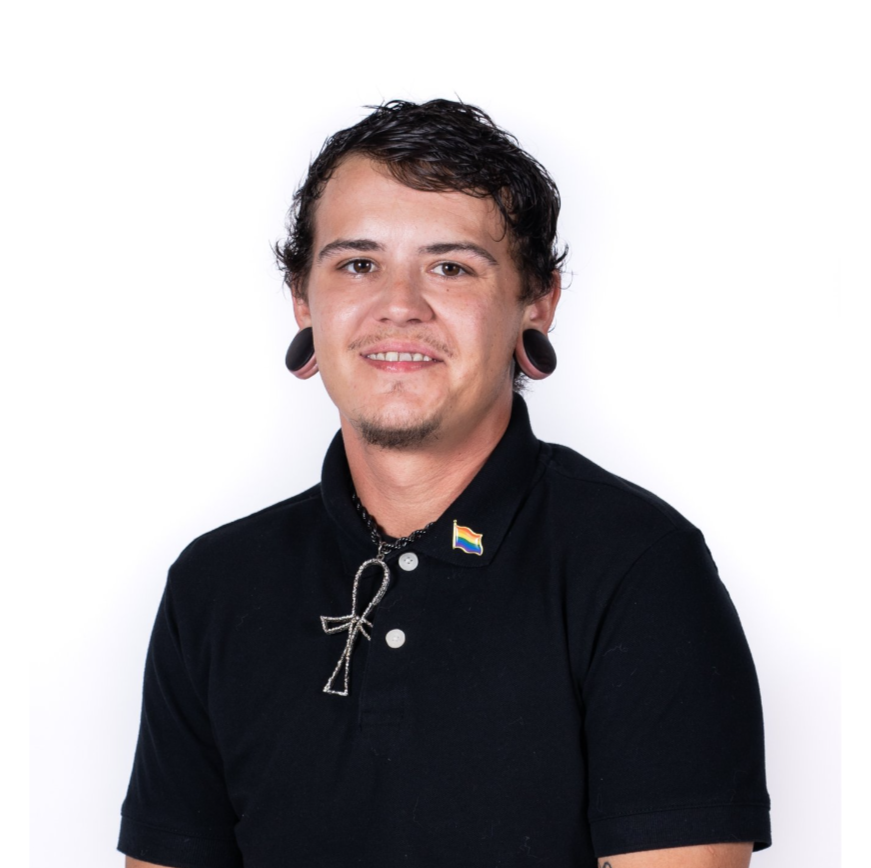
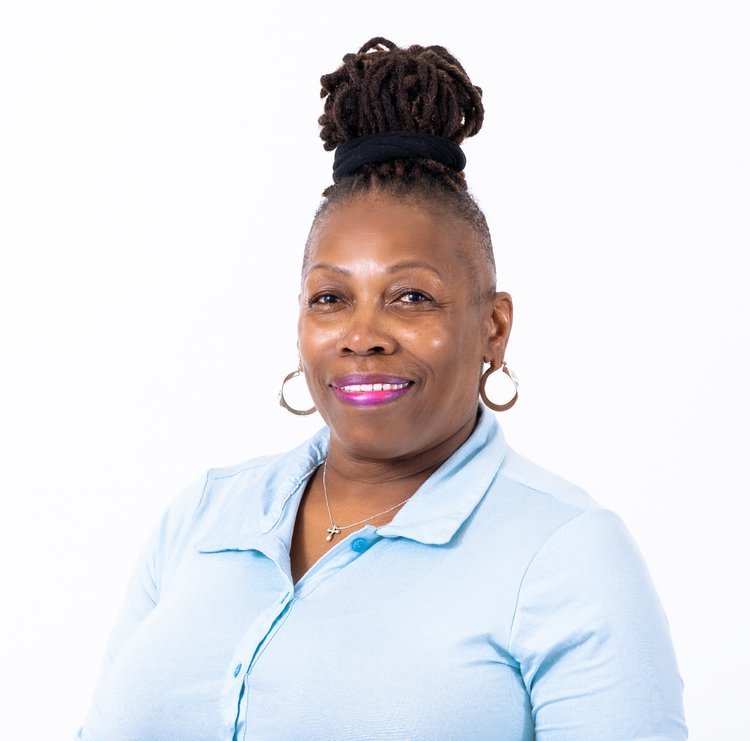
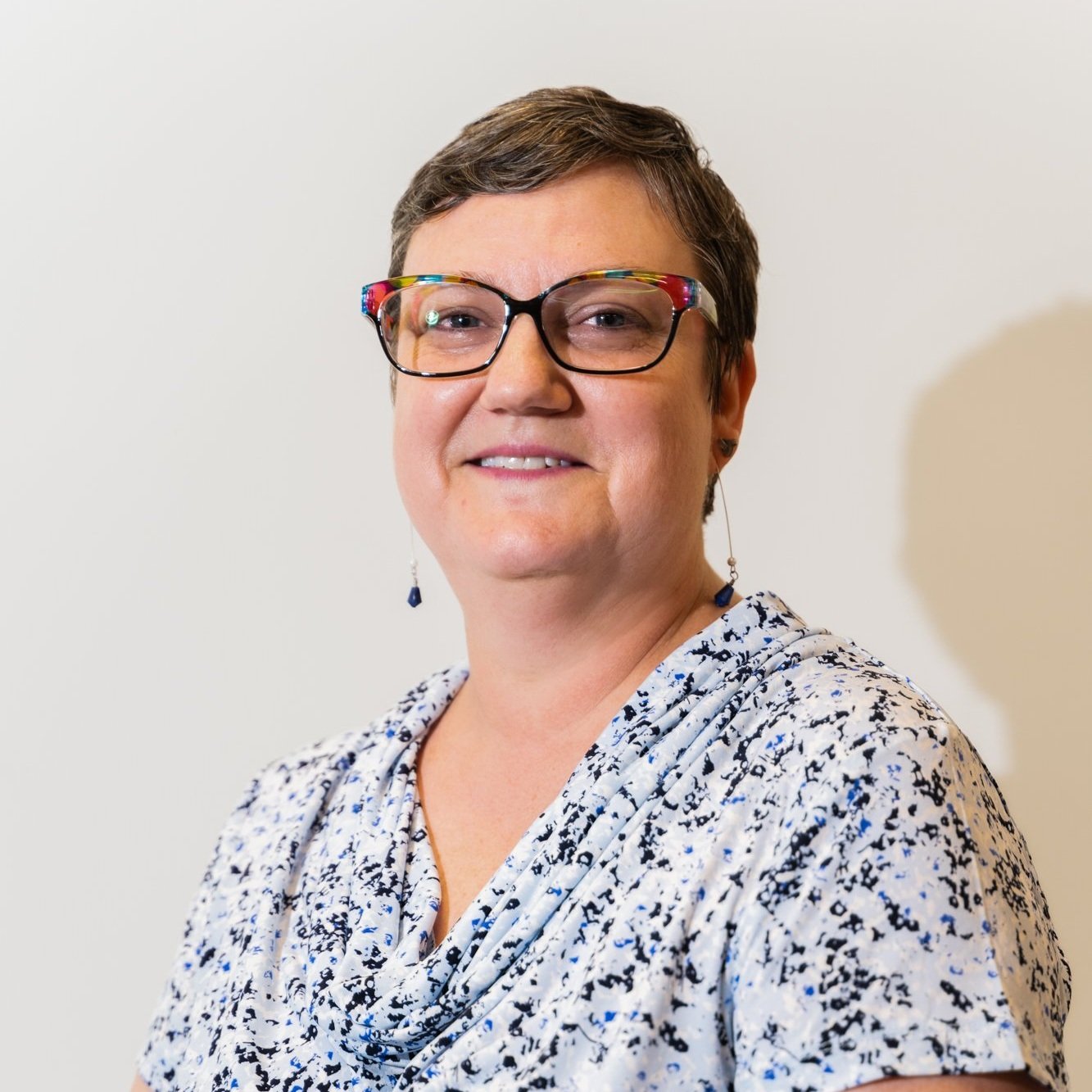
The Transformative Power of Community
When I accepted the position of Administrative Coordinator at Diversity Richmond back in March, I had no idea how profoundly it would change my life.
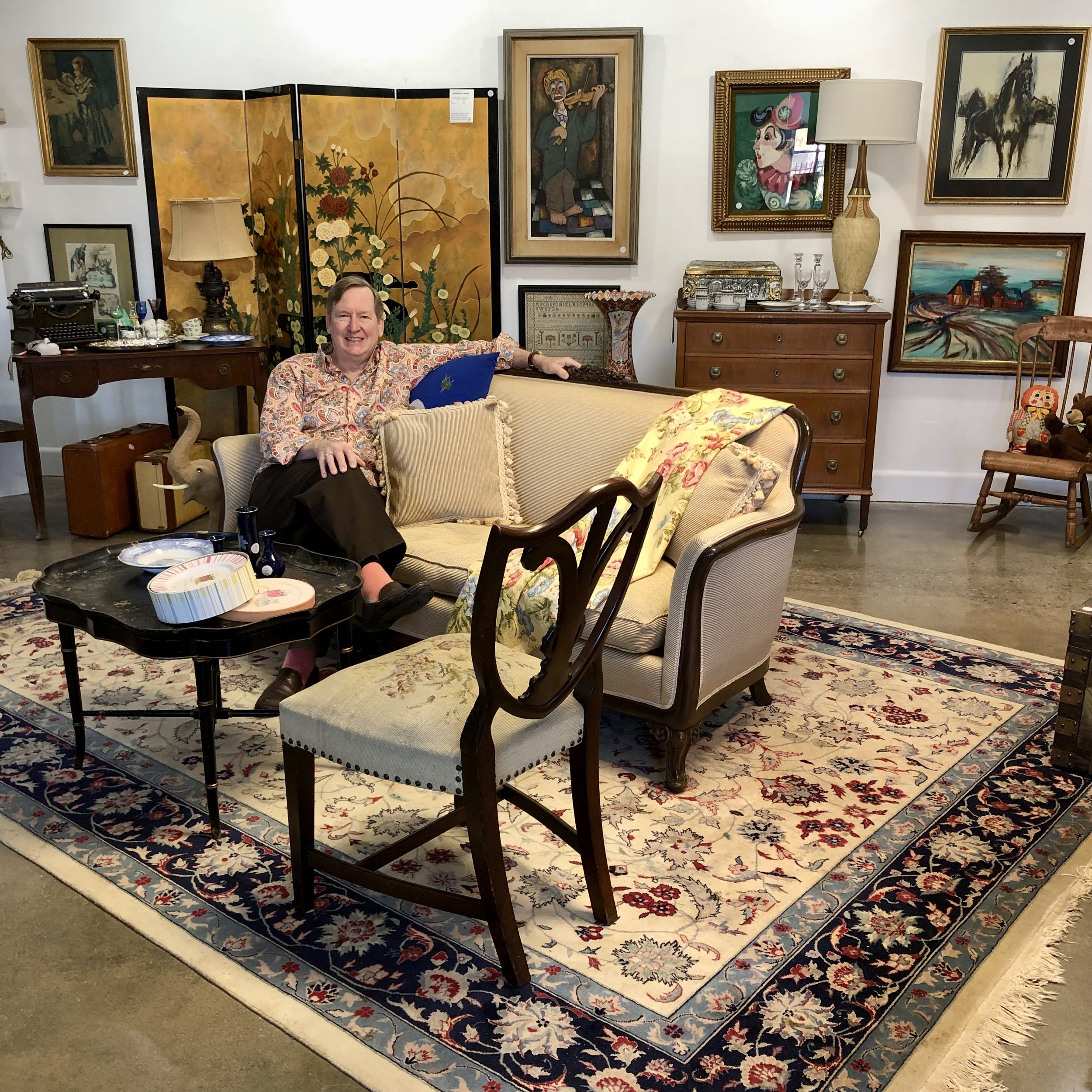
Diversity Thrift Annual Holiday Boutique
Diversity Thrift’s Holiday Boutique is selling our finest antiques, gold, silver, vintage items, and more!

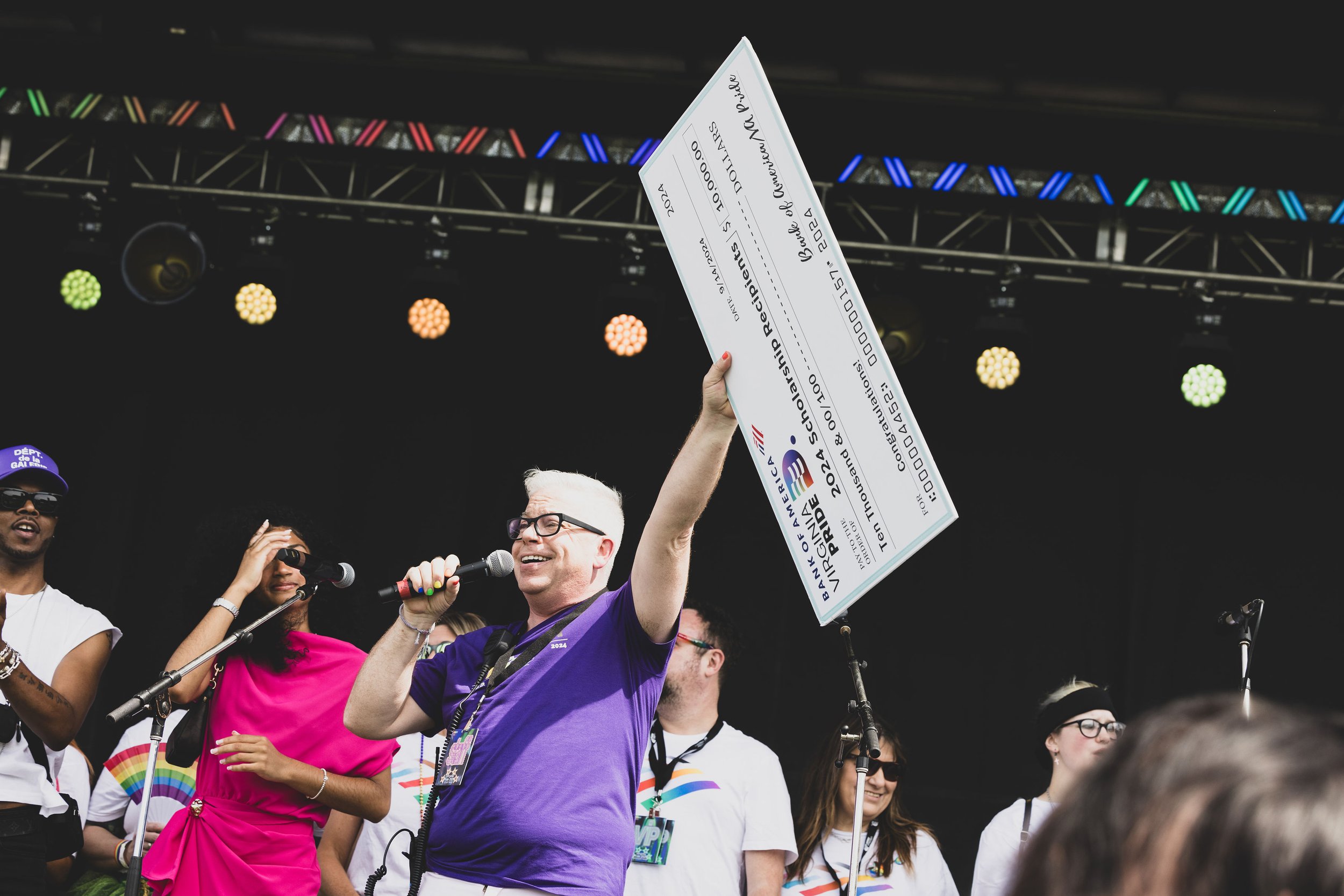
Reflections on Pridefest 2024
VA Pride Director James Millner reflects on VA Pridefest 2024.
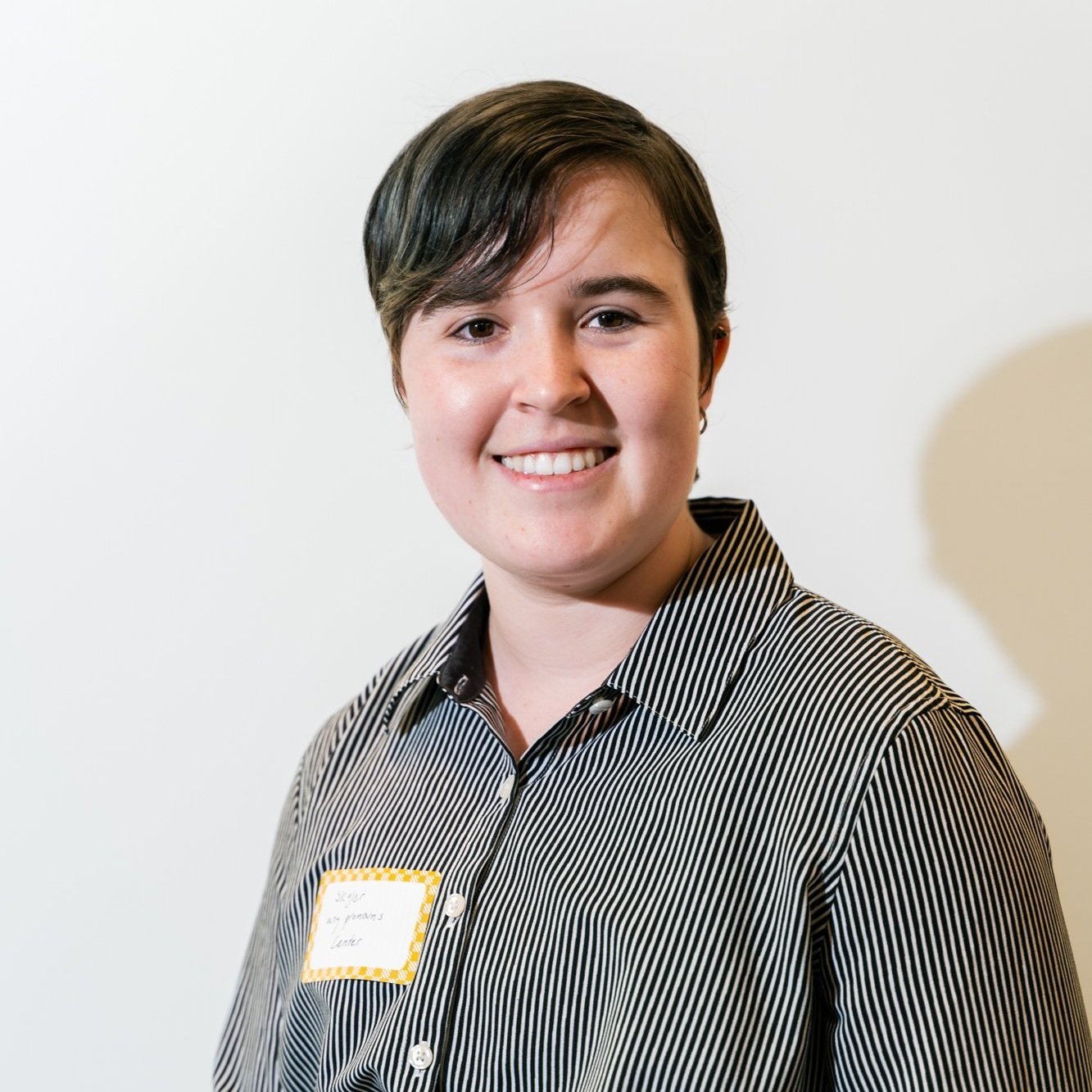
Communication and Belonging at Diversity Richmond
Reflections on communication, acceptance, and belonging.
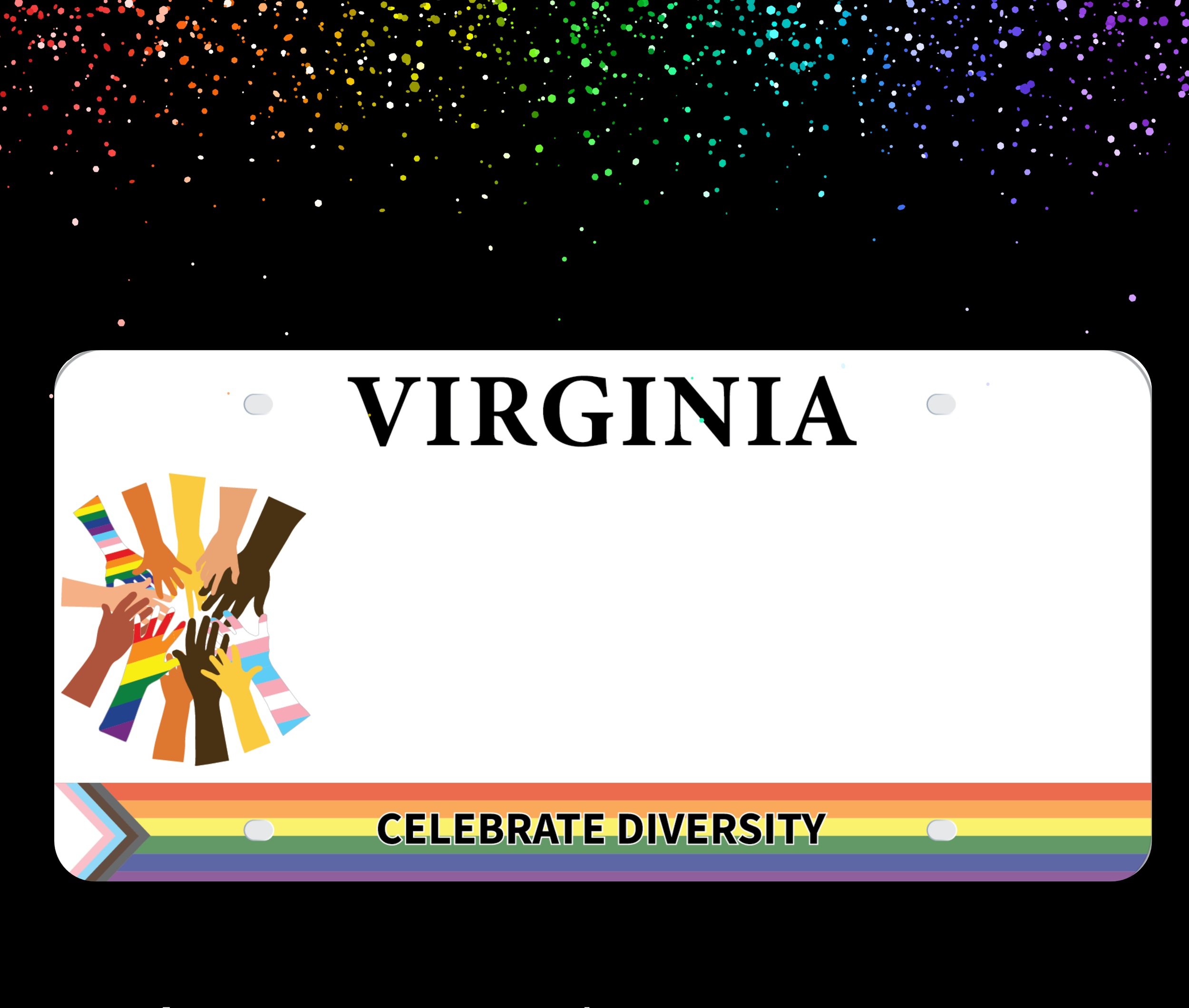
Celebrate Diversity With Our New License Plate!
There’s an exciting new license plate coming to Virginia with a great way to Celebrate Diversity everyday, everywhere you go! This plate celebrates LGBTQ+ inclusion across the Commonwealth.
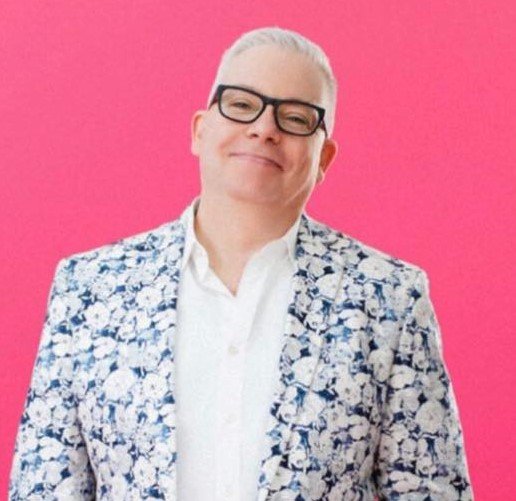
Reflections on Pride and Pridefest
As we prepare to celebrate VA Pridefest 2024, presented by OutRVA, there's a familiar buzz of excitement in the air. Like a drag queen powdering her nose, we are putting the final touches on what promises to be the most amazing Pridefest ever!
